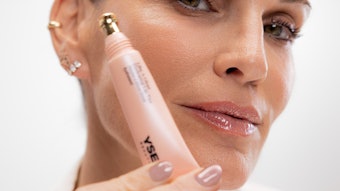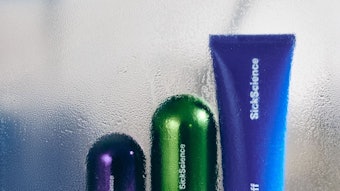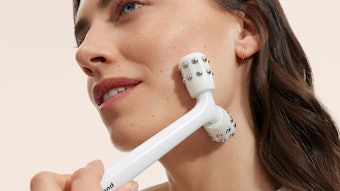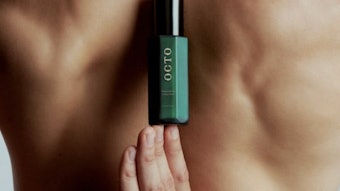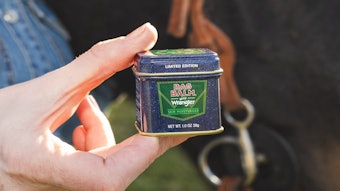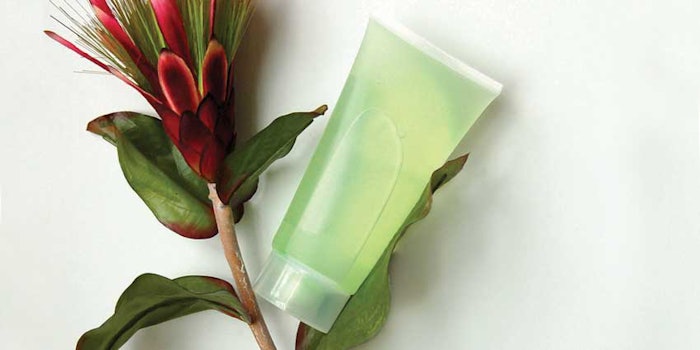
While the general personal care sector saw flat dollar growth this year, compared to last year, products bearing “natural” claims grew 9% in dollar sales.* In that time, personal care products that included botanical extracts grew 6% in dollar sales, and products that declared themselves free from artificial colors grew 5%. When these products were paired with a “natural” label claim, dollar growth was 13% and 11%, respectively.
Shopper Dynamics
Indeed, shoppers are more aware of the contents of the products they purchase and are turning over packages not just to look at marketing claims, but also to assess the ingredients included in their products. In fact, Nielsen research found that 51% of households say that the “natural” claim found on product packages and labels—including personal care—is important to their purchasing behaviors.
Beyond understanding shopper dynamics and demographics, personal care brands need to understand exactly what their audience desires in the products they purchase. What’s important for consumers in hair care products may not resonate in the skin care category. By understanding sales related to label claims and ingredients on product packages, manufacturers can determine which claims will resonate most with health-conscious shoppers in the personal care aisle.
Missed Opportunities and Sales Gains
According to a Nielsen study on ingredient preferences, more than half of shoppers across the United States say that the absence of undesirable ingredients is more important than the inclusion of beneficial ones. Yet, brands are failing to fully leverage this trend.
For example, health and beauty products retailing in the United States that can technically claim “No Artificial Colors” on their packaging—based on their ingredient label—represent an $11 billion market. However, only 5% of those products include that label claim on their package. Of the 5% of products that do make the claim, their dollar sales grew 22.5%, compared to only 3.6% for those that could make the claim based on ingredients, but do not.
Transparency Drives Loyalty and Growth
Given the rapid evolution of today’s fast-moving consumer goods and retail industries, it’s no doubt that a focus on natural personal care products will continue to expand. Consumers are paying attention to the details on product labels and want to openly support the brands that are delivering on their preferences, serving as potential long-term loyalists. As a result, transparency will continue to be a strategic driver of growth, particularly in the personal care aisle, for the foreseeable future.
Andrew Mandzy is the director of health and wellness strategic insights at Nielsen. He helps clients in the fast-moving consumer goods and retail industry understand how macro trends directly impact their business, and helps them create strategies to win in today’s competitive landscape. Though he has worked with a large cross section of retail and manufacturer clients, his focus today is on companies that deal in over-the-counter health care and health/wellness.
Footnotes:
*Nielsen data; www.nielsen.com

